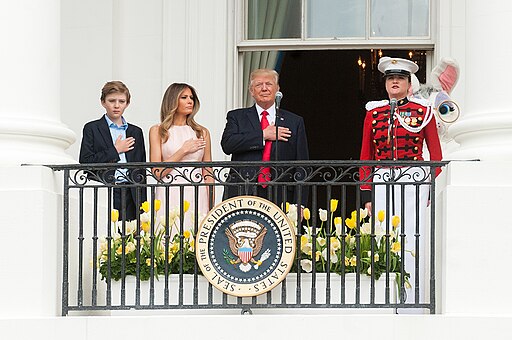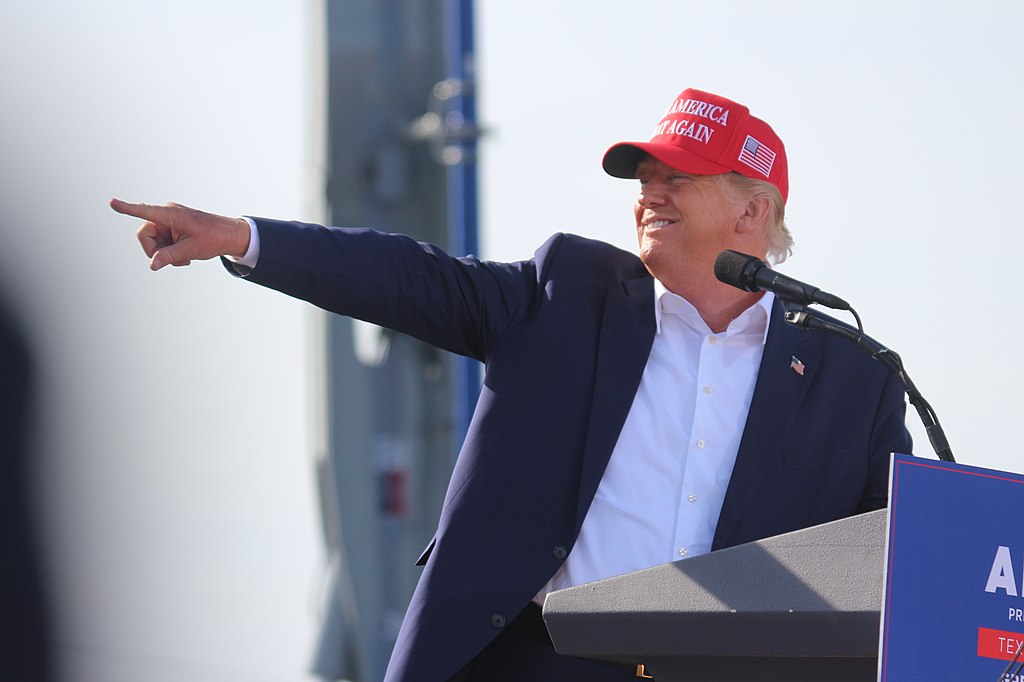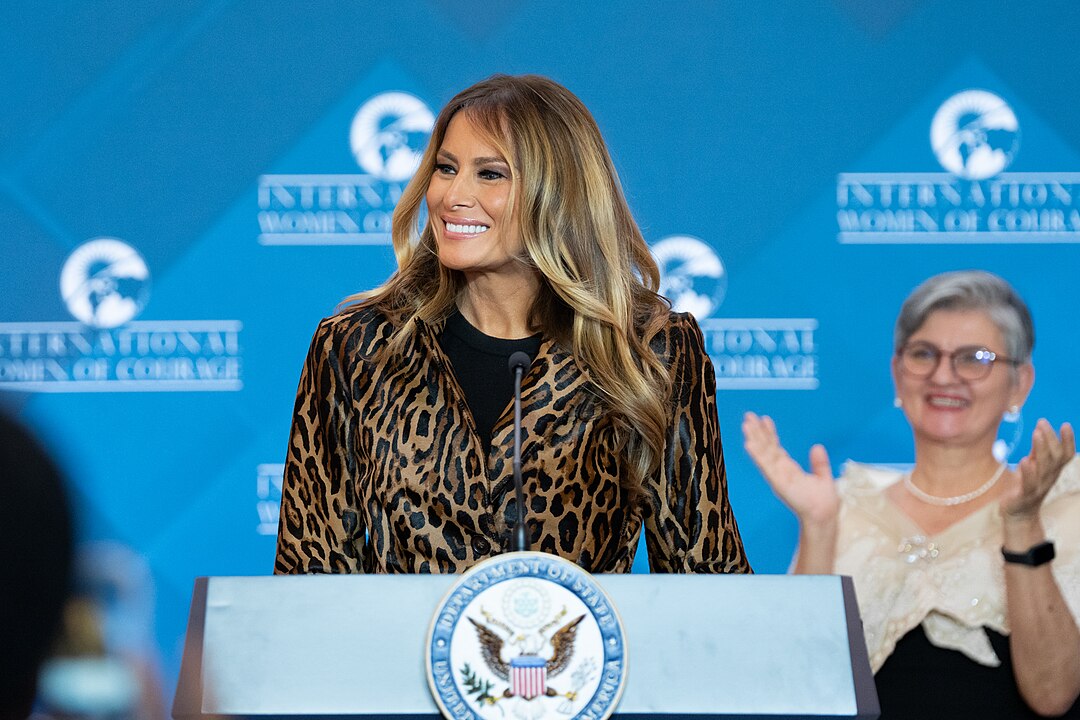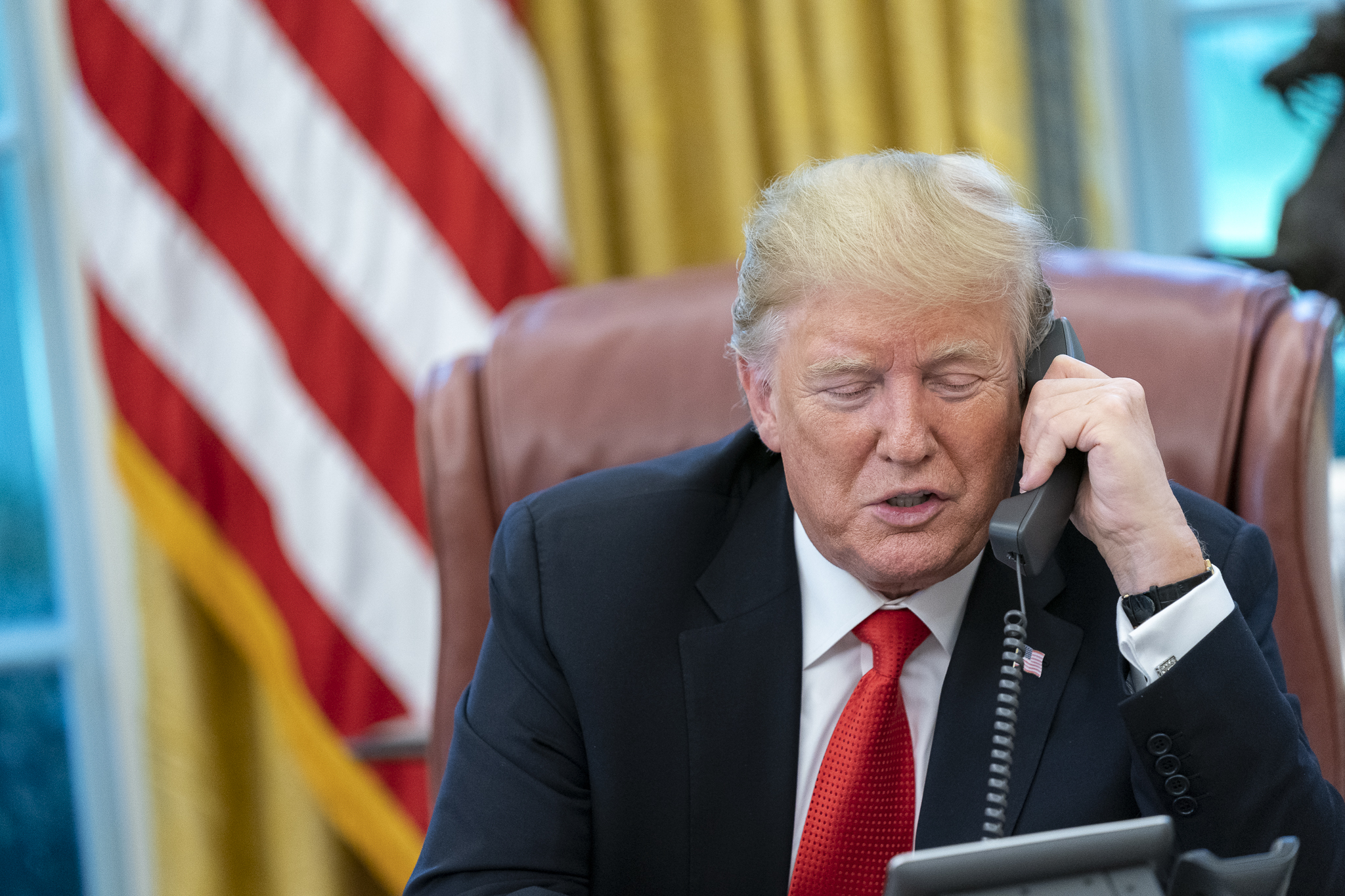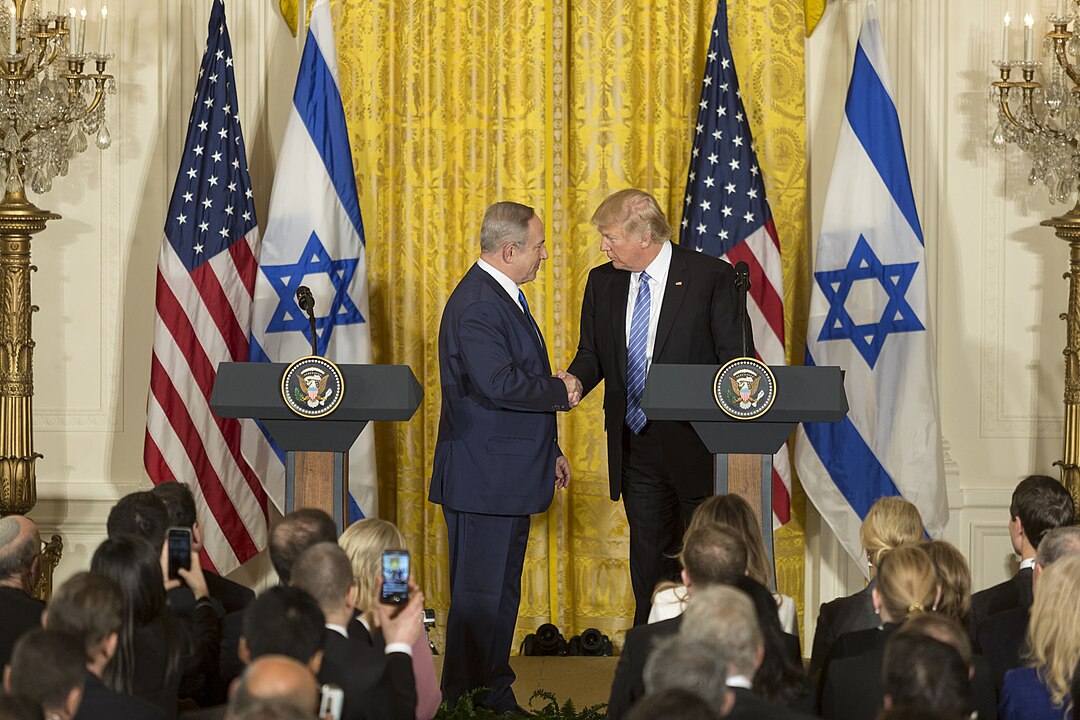President Donald Trump marked the beginning of Holy Week with a spirited message to Christians across the nation and around the world, declaring “HAPPY EASTER!” in a Palm Sunday post on his social media platform, Truth Social. The message, filled with religious reverence and patriotic fervor, reaffirmed Trump’s long-standing public commitment to Christianity and religious liberty.
“This Holy Week, Christians around the World remember the Crucifixion of God’s Only Begotten Son, our Lord and Savior, Jesus Christ, and on Easter Sunday, we celebrate His Glorious Resurrection and proclaim, as Christians have done for nearly 2,000 years, ‘HE IS RISEN!’” the president wrote.
He continued, invoking themes of redemption and divine love: “Through the pain and sacrifice of Jesus on the Cross, we saw God’s boundless Love and Devotion to all Humanity and, in that moment of His Resurrection, History was forever changed with the Promise of Everlasting Life.”
In addition to his personal message, the White House released an official Presidential Message on Holy Week, 2025, co-signed by First Lady Melania Trump.
“This Holy Week, Melania and I join in prayer with Christians celebrating the crucifixion and resurrection of our Lord and Savior, Jesus Christ—the living Son of God who conquered death, freed us from sin, and unlocked the gates of Heaven for all of humanity,” the statement read.
The president used the moment to reaffirm his administration’s ongoing commitment to defending Christianity and religious liberty.
“My Administration renews its promise to defend the Christian faith in our schools, military, workplaces, hospitals, and halls of government,” the message continued. “We will never waver in safeguarding the right to religious liberty, upholding the dignity of life, and protecting God in our public square.”
Echoing language that has become a hallmark of his presidency, Trump concluded his message with a call for national unity through faith:
“America is a Nation of Believers. We need God, we want God and, with His help, we will make our Nation Stronger, Safer, Greater, more Prosperous, and more United than ever before.”
The statement comes as the White House prepares for what officials have described as an “extraordinary” observance of Holy Week, including multiple events aimed at celebrating Easter and honoring the Christian faith.
Trump’s message also carries added emotional weight this year. The president narrowly survived an assassination attempt during a campaign rally in Pennsylvania in July 2024 — an experience he has since described as spiritually transformative.
“I was saved by God to make America great again. I believe that,” Trump told Congress last month during a joint address.
Now back in office and recently declared to be “in excellent health” following his annual physical, the president has been more vocal than ever about his faith and the role he believes divine providence has played in his life and leadership.
As Easter Sunday approaches, Trump’s public proclamations are resonating with a significant portion of his base, many of whom have long viewed him as a defender of Christian values in an increasingly secular political environment.
Trump appears determined to frame this Holy Week not only as a sacred religious observance but also as a national moment of spiritual reflection, unity, and renewal.
Trump’s Holy Week message also stands in stark contrast to the previous administration’s approach to the Easter holiday. In 2024, then-President Joe Biden faced widespread criticism from religious groups and conservatives after the White House declared Easter Sunday as “Trans Day of Visibility,” aligning the celebration of Christ’s resurrection with a secular observance of gender identity. The decision drew backlash from faith leaders across the political spectrum, who called it tone-deaf and disrespectful to millions of Christians marking the most sacred day in their religious calendar. Trump’s renewed emphasis on traditional Christian values and public expressions of faith is widely seen as a deliberate reversal of what many viewed as the prior administration’s sidelining of religious observance in favor of progressive social messaging.
